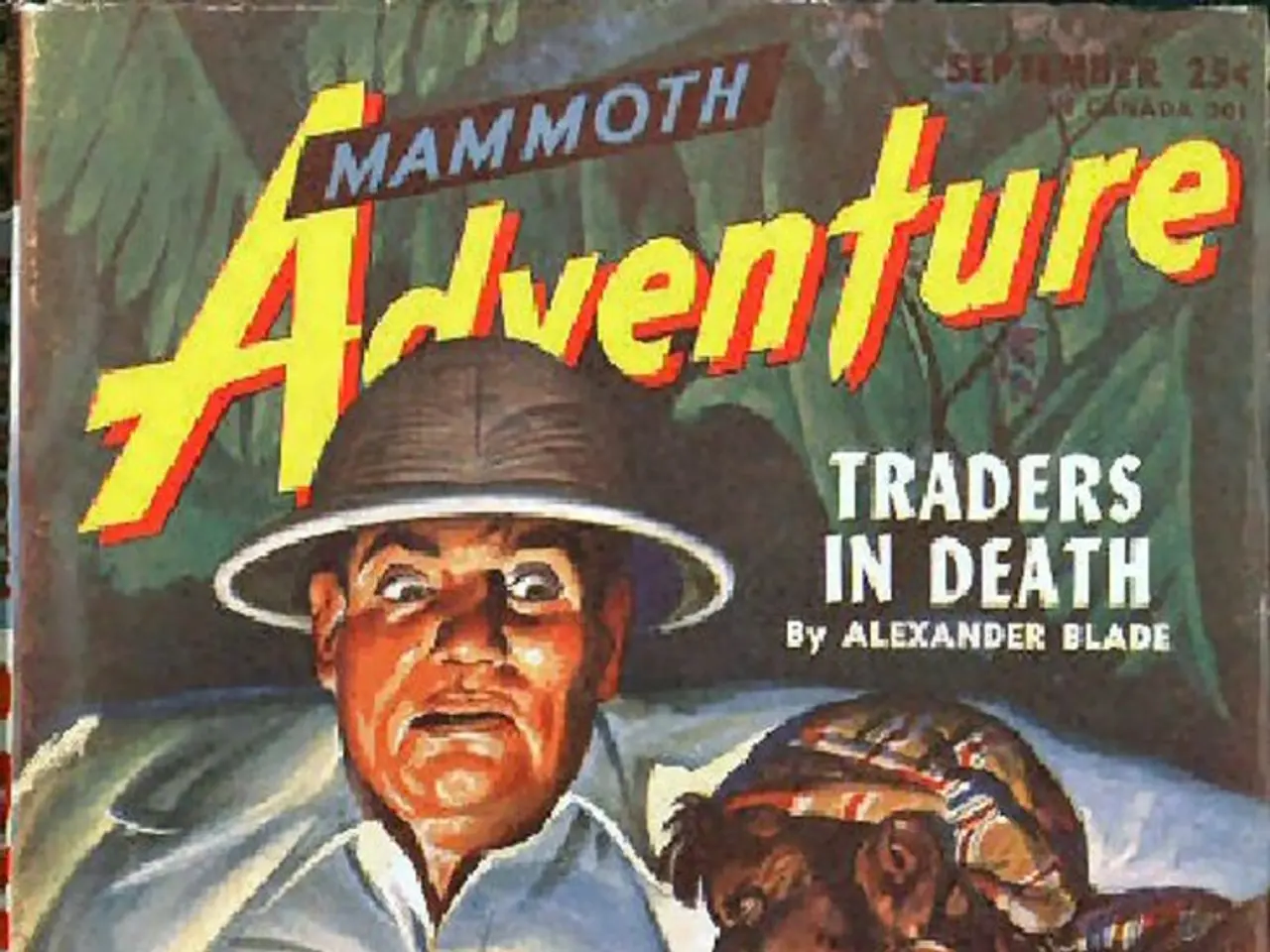Utilizing literature to reclaim remembrance, 47 years post the Atocha massacre tragedy
In the annals of Spain's recent history, the Atocha Massacre of 1977 stands as a poignant reminder of a dark chapter in the country's transition to democracy. This tragic event, where far-right militants attacked labor lawyers in Madrid, nearly claimed the life of Cristina Almeida, who was traveling in Chile at the time.
The story of the Atocha Massacre reached many for the first time through Bardem's classic film, and cinema has since played a significant role in portraying and commemorating Spain's historical events. Spanish filmmakers have often used cinema as a form of resistance and a tool for historical reflection, engaging with political and social issues, and providing commentary on controversial or traumatic events associated with Spain's recent past.
Luis Buñuel, for instance, used cinema to challenge authoritarian narratives during Franco’s regime. His film Viridiana (1961) provocatively addressed social and religious themes under censorship, subtly critiquing the regime through allegory and surrealism. This demonstrates cinema's capacity to shape public memory and encourage discourse around violence and political struggle.
Post-Franco cinema has often reckoned with the legacy of repression and violence, with the process of "Transition" to democracy and its painful moments—including acts like the Atocha Massacre—being subjects of cinematic exploration aimed at commemorating victims, fostering national dialogue, and confronting the challenges of historical memory.
Two days after the Atocha Massacre, hundreds of thousands of people gathered in the Plaza de Colón in a sepulchral silence, demonstrating widespread consensus among Spanish society to end late Francoist terrorism. This collective outpouring of grief and determination paved the way for the first post-dictatorship trial of members of the extreme right, resulting in a total of 464 years in prison for the assassins.
The National Court's verdict marked a significant milestone in Spain's journey towards reconciliation and justice, and it is a journey that continues to be documented and explored through cinema. For example, the upcoming series "The Lawyers", produced by TVE, is inspired by real stories of some of the companions of those killed in the Atocha Massacre. One of the characters in the series is Cristina Almeida, played by Paula Usero, who was a prominent labor lawyer during the dictatorship and a member of the prosecution in the trial for the Atocha Massacre.
Film director Almudena Carracedo won the Goya for Best Documentary Film in 2019 for the film "The Silence of Others", a portrait of the hidden struggle of Franco's victims and an expose of some cracks in the Transition. Carracedo believes that cinema has the power to take us to places we don't know, even those we think we know.
Eugenia Torijano, a professor of Legal History at the University of Salamanca, shares this sentiment. She believes that cinema can help recover Spain's memory and awaken curiosity about the past, especially among the younger generation. This aligns with the tradition of politically engaged Spanish cinema that leverages film to address issues of memory, justice, and identity.
In conclusion, cinema in Spain functions as a critical cultural practice to both portray and commemorate recent traumatic events like the Atocha Massacre by offering narratives that question official histories, honor victims, and invite societal reflection. This tradition continues to evolve, with filmmakers like Patricia Ferreira, the director of "The Lawyers", using cinema to keep the memories of those affected by the Atocha Massacre alive and to foster a deeper understanding of Spain's complex and often painful past.
Books about Spain's history, particularly education-and-self-development materials, may include detailed accounts of the Atocha Massacre and the role of cinema in shaping public memory. Movies-and-tv series, such as "The Lawyers" and "The Silence of Others," serve as a platform for learning about this historical event and the country's transition to democracy. Lifelong learning encompasses the process of engaging with these works to better understand Spain's recent past and the importance of continued efforts towards justice and reconciliation.




